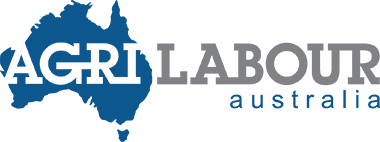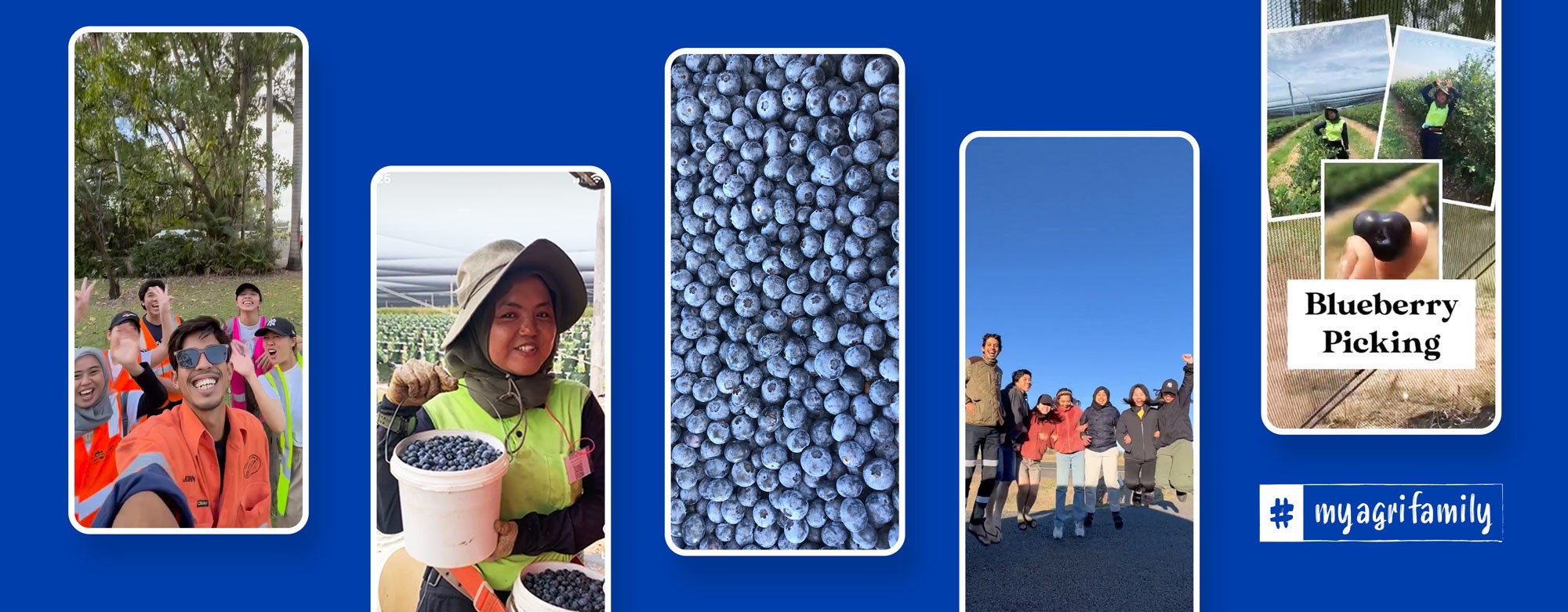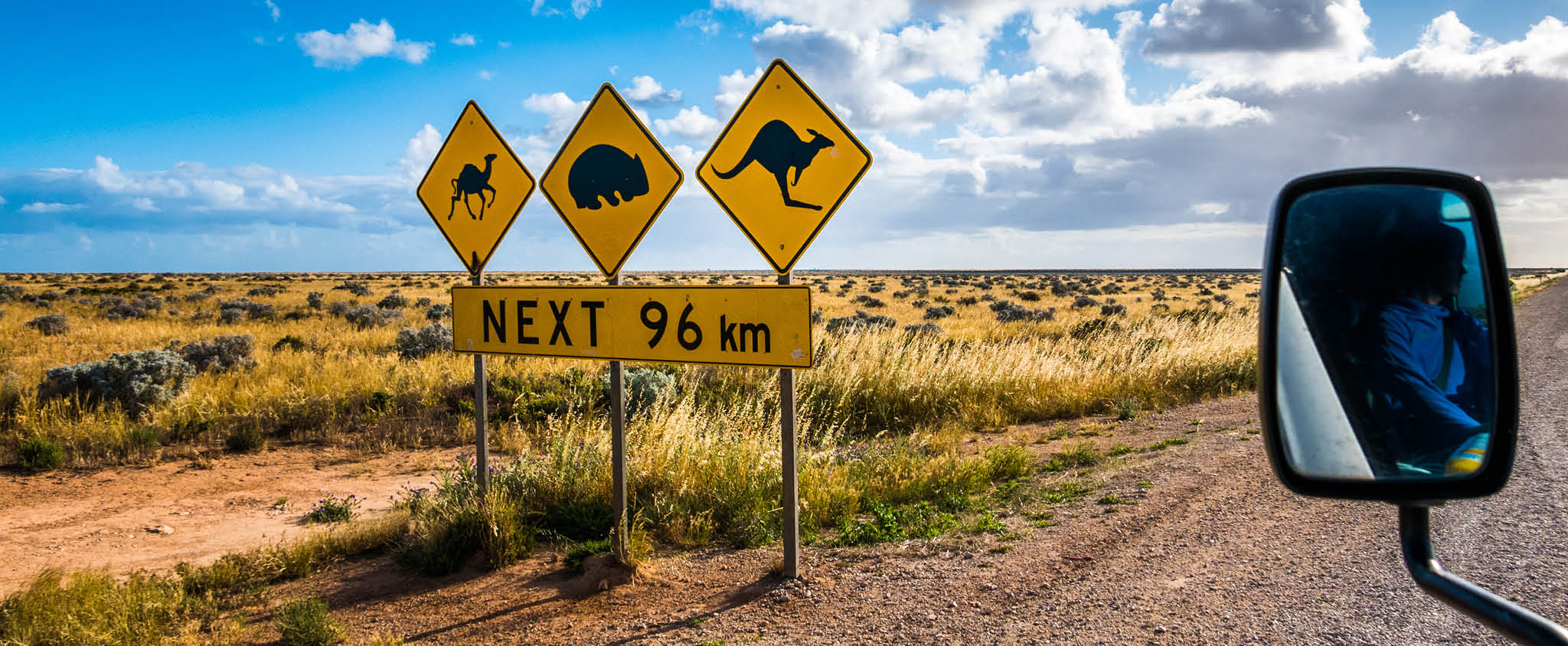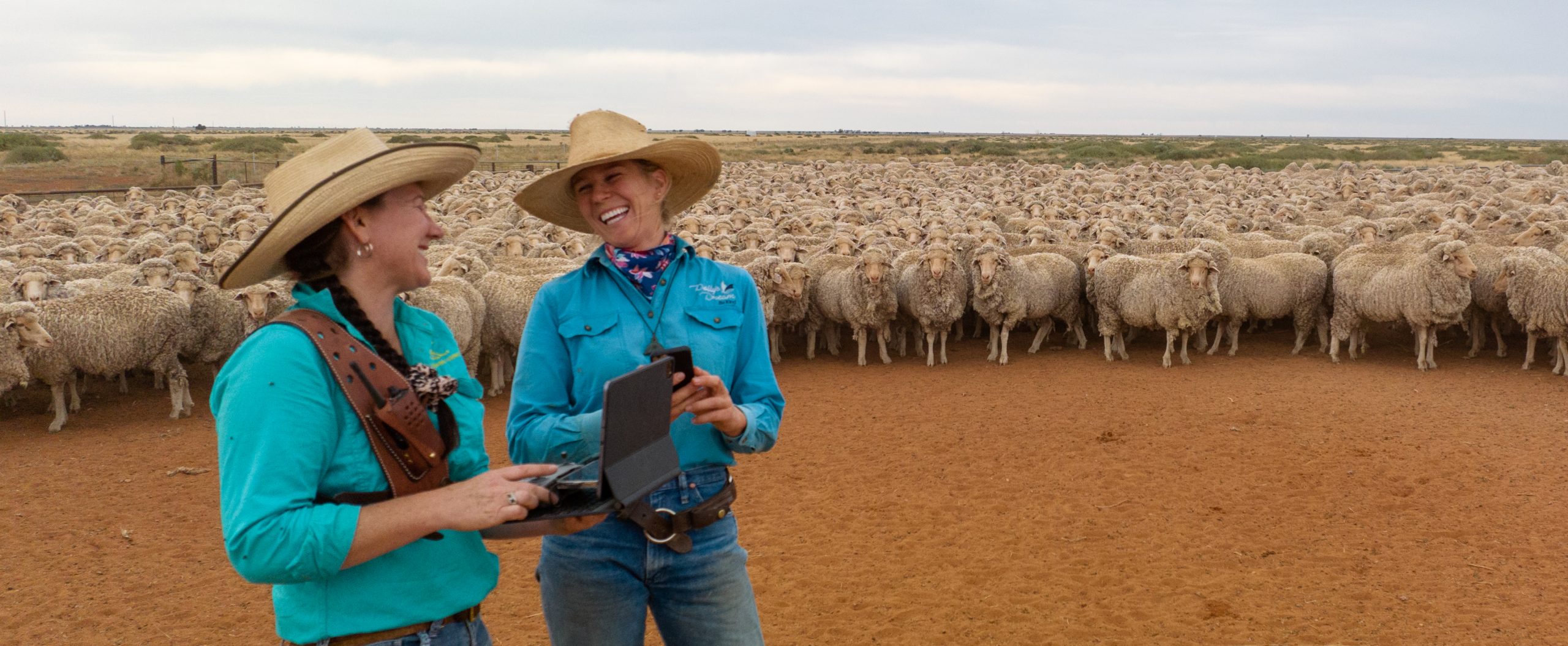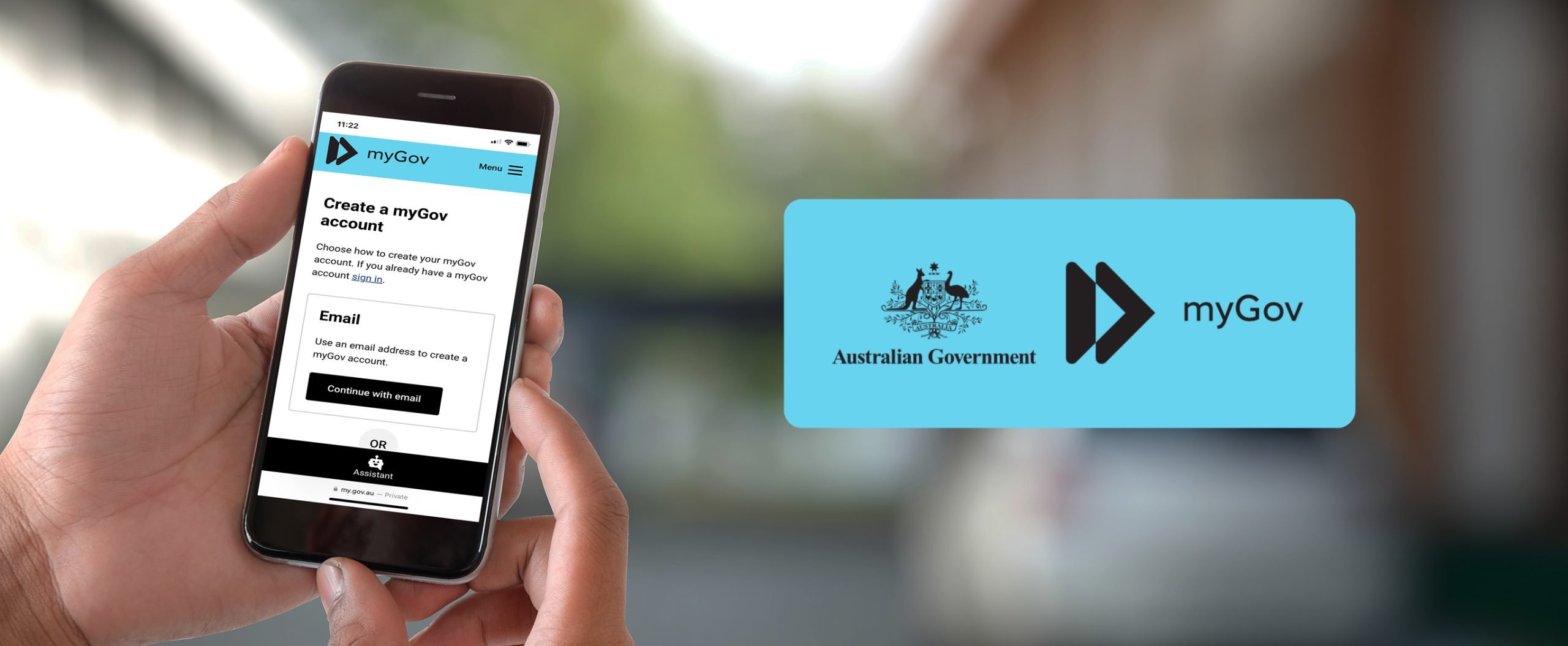One of the best parts of working in rural Australia is the incredible scenery – rugged mountains, rainforests, pristine beaches and creeks. When it comes to National Parks and camping spots, we’re truly spoiled for choice. So how do you know where to go to make the most of your leisure time in Australia? We’ve got you covered, with a list of our top picks for scenic camping.
The best Australian National Parks for camping
Australia is abundant with natural beauty, so when you’re visiting on a working holiday it can be hard to determine what are the best spots to visit for sightseeing and scenic camping. We’ve compiled a list of some beautiful National Parks that allow camping – just be sure to check out their availability before you arrive, as these spots can be very popular!
Noosa National Park, Queensland
Noosa is a tourist hotspot for a reason – this small town is buzzing year round thanks to its glorious beaches, landscapes and of course its National Park. The perfect place to immerse yourself in Australian nature, camping at Noosa National Park is sure to be an unforgettable experience. Beautiful ocean views and well-maintained walking tracks make for the ideal camping location for locals and tourists alike. You might even spot some dolphins on your hike!
Springbrook National Park, Queensland
World Heritage-listed Springbrook National Park is well known for its dense rainforests, waterfalls and picturesque lookouts. Camping at Springbrook means you can take advantage of the scenic trails that are dotted with incredible waterfall views and swimming holes. Glow-worms can even be found in some of the caves in this National Park.
Blue Mountains National Park, New South Wales
The National Park nestled amongst the Blue Mountains offers a number of camping sites for travellers to enjoy. Featuring dramatic cliff formations, waterfalls and lush forests, the Blue Mountains offer a truly breathtaking camping experience. Hiking trails around this National Park offer glimpses of the iconic Three Sisters rock formations.
Kosciuszko National Park, New South Wales
Needless to say, Australia’s highest peak – Mount Kosciuszko – is a bucket-list location for those looking for scenic camping spots. From alpine forests to gorgeous lakes, this National Park boasts a range of incredible scenery to enjoy. In winter this location becomes a skiing destination, so planning to camp during spring or summer, when you will be welcomed by an incredible array of wildflowers, is advisable.
Grampians National Park, Victoria
Immerse yourself in rich Indigenous history at Grampians National Park, a favourite amongst prolific campers. You’ll have the chance to explore a range of bushwalking opportunities, rock climbing spots and incredible views from a variety of lookout points. If you’re lucky, you’ll spot some kangaroos or even emus roaming freely around this iconic camping location.
Great Otway National Park, Victoria
Great Otway National Park features stunning forests and waterfalls, all with the backdrop of pristine coastline. Camping at this National Park offers a variety of experiences, from exploring the beach to trekking through the rainforest. Abundant with native wildlife, campers have sighted koalas and a range of native bird species amongst the Great Otway forests.
At Agri Labour Australia, we love sharing the beauty of our land with our candidate community. Enjoy these incredible National Parks on your next scenic camping trip!
